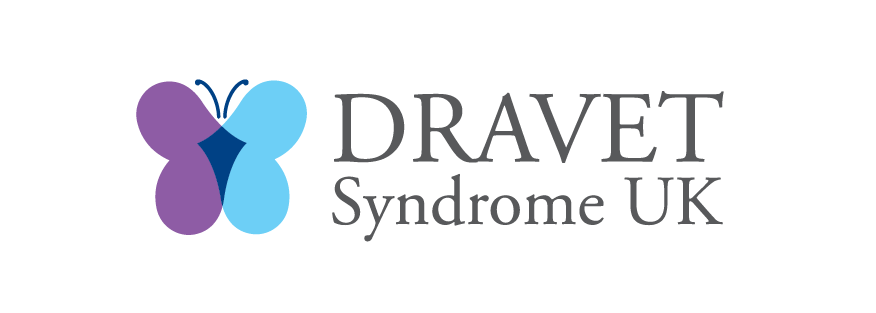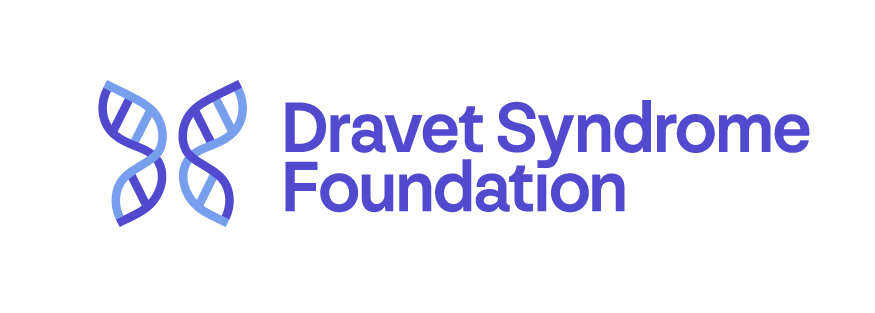A natural history study of SCN1A-related epilepsies in the United Kingdom
The SCN1A Horizons study team are interested in getting an in-depth understanding of the impact of Dravet syndrome and other SCN1A-related epilepsies on the patient and family to help inform future treatment, support and research.





Photo Credit: Dravet Syndrome UK
Parent/Carer Information
The SCN1A Horizons natural history study will establish a national UK platform for long term data collection on assessment and therapy of up to 400 child and adult patients with a genetically confirmed SCN1A variant. This study will take place in multiple hospitals across the UK and aims to define the seizure, neurodevelopmental, and behavioural characteristics of SCN1A-related epilepsies/Dravet syndrome in children and adults over a period of three years. We hope that this study will increase our understanding of SCN1A-related epilepsies and help to improve standards of care for those affected by Dravet syndrome and SCN1A-related epilepsies across the UK.

Video information section
Getting involved and what the study involves
Explaining the neuropsychology visit
Frequently asked questions
If you have anything else you want to ask, contact us.
What is a natural history study?
The SCN1A Horizons study is a natural history study. This means we will collect health information from a group of up to 400 patients with SCN1A-related epilepsies such as Dravet syndrome over a period of three years. We are not testing any new treatments or interventions as part of this study. We aim to assess people of all ages and a wide spread of locations within the UK. The data collected will help us learn about different presentations, treatment, care and quality of life for people with SCN1A-related epilepsies.What does the study involve?
Taking part in the SCN1A Horizons study means that participants will continue to attend their routine hospital appointments with their epilepsy doctor who will collect data from each visit in a standardised way. In addition, participants in this study will complete detailed neuropsychological assessments either once or twice a year. These assessments will be carried out by a trained researcher and will assess a wide range of abilities including memory, language, motor skills, concentration and thinking processes. We will also collect information about seizures throughout the three-year study. There will be some questions for caregivers to answer as well. At the beginning of the study, we will also take a blood sample for future genetic research.How long will the study last?
Initially, the study will run over a period of three years.
How will this research be helpful?
This study will increase our understanding of Dravet syndrome and SCN1A-related epilepsies by allowing us to learn more about the seizures, learning abilities and behavioural difficulties that children and adults with an SCN1A-related epilepsy live with. This might help us in choosing treatments as early as possible to improve quality of life for affected children and adults. We are also collecting information about the range of care provided within the UK and hope that this study will help to improve standards of care for those affected by Dravet syndrome and SCN1A-related epilepsies across the UK.Who can take part?
Any patient with epilepsy due to a confirmed SCN1A mutation is eligible to take part. If you are unsure about this, your medical team will be able to answer any questions relating to your genetic testing. You can still take part in this study if you are currently enrolled or hope to enrol in other studies or medication trials in the future, as there are no medications or medical devices being tested within this natural history study.How is the study funded?
The SCN1A Horizons study is a non-commercial study sponsored by the NHS Greater Glasgow and Clyde with funding provided by patient charities and pharmaceutical industry.
How do I join the study?
The study will be recruiting participants across the UK and we will be opening the study in phases across the country. To take part in this study, the first step is to contact your local epilepsy doctor/paediatric neurologist to enquire about local recruitment close to where you live. Our study team will be able to assist you with this. The local study team will be able to provide you with all the necessary information and arrange a visit with the local study doctor, who will be able to answer any further questions and who will guide you through the consenting process. Consent is provided either by the patient or a legally authorised representative such as a parent/primary caregiver.Who can I contact with any questions?
Our study team will assist you with any questions you may have by email or telephone. Contact us by email SCN1AHorizons@glasgow.ac.uk or by telephone 0141 451 5888. You may also wish to seek support from Dravet Syndrome UK. They are an independent, nationwide charity that provides emotional, practical and financial support for families affected by Dravet syndrome.






